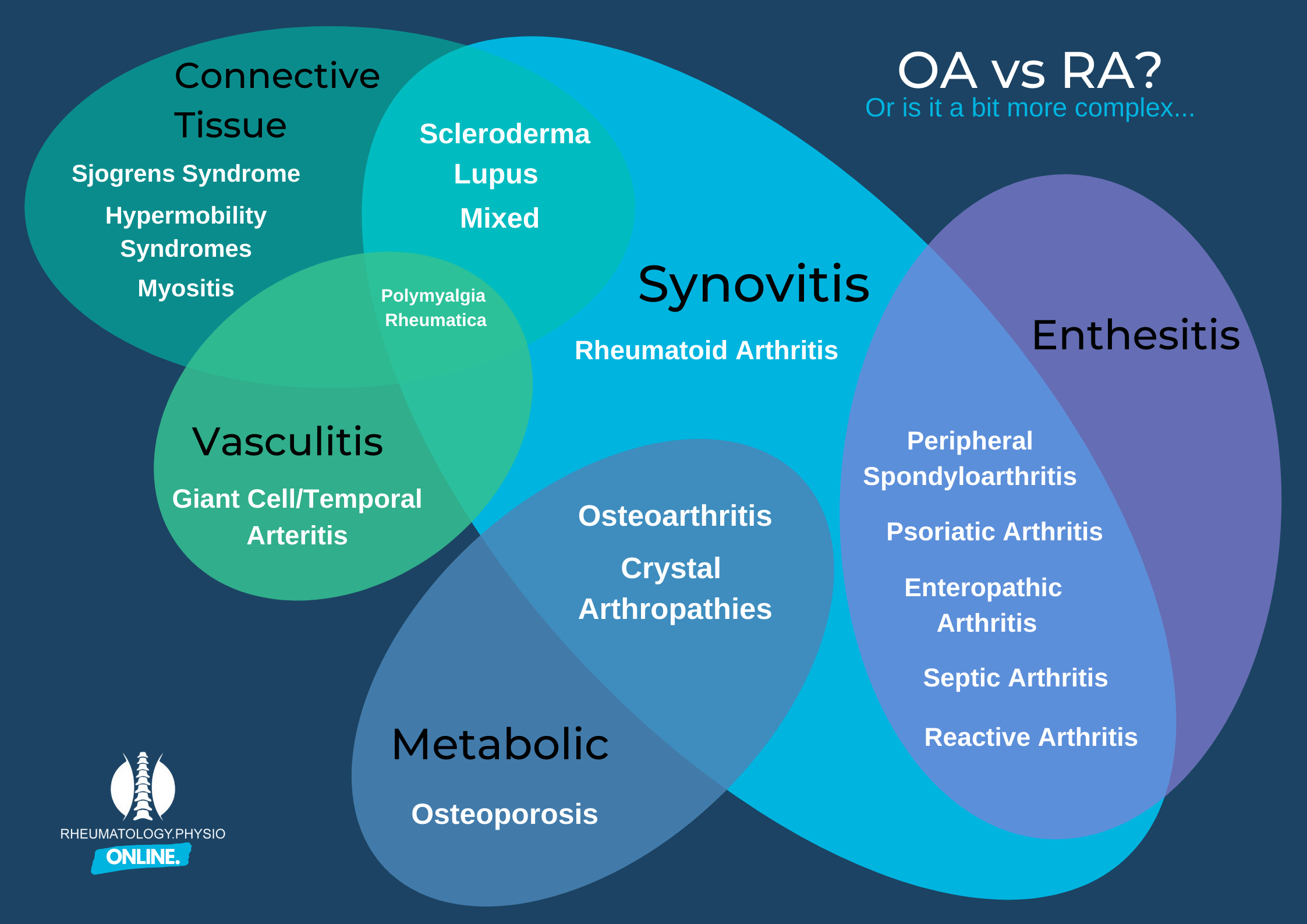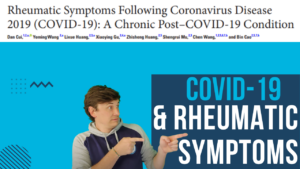Welcome back to the blog! I did a course recently and there were some interesting courses about specificity in Rheumatology and I thought I would comment on this in a bit of detail.
The recurrent features are back with legend of the blog and music from Funeral For A Friend at the bottom of the page (yes, I am doubling down on the heavy music)
Please consider heading to the shop to find more resources and supporting me to continue this hairbrained project! Or you can Buy A Coffee
You can also listen to all of my blogs as podcasts subscribe to your preferred channel HERE You can also find my podcast on Apple & Spotify & Google
As usual feedback is greatly appreciated and any further reading for me please send it my way!
PLEASE REMEMBER – THIS BLOG IS NOT A REPLACEMENT FOR CLINICAL REASONING, IF YOU ARE UNSURE GET ADVICE
Legend of the Blog this week is UWhoLifestyle coffee their coffee is incredible, great value and I get it on subscription so i don’t need to remember to order it before I run out. Plus cool merch and a rewards program. What more do you need. (other inferior drinks are available but also pointless)
Introduction
Rheumatology as a specialism that covers a hugely broad set of conditions within each a hugely broad set of presentations and of course these occur in individuals who bring with them their own circumstances and quirks. For MSK Therapists these Rheumatology conditions are masqueraders, conditions which look a lot like something much more common. These are in my opinion “Red Flag” conditions while undiagnosed and need referring out of MSK to Rheumatology departments. As such I get requests for courses to upskill Therapists to recognise, investigate and refer these patients especially in light of the increased numbers of First Contact Practitioners.
As MSK Therapists, how accurate can we be? Maybe more interestingly, how accurate should we try to be?
Complexity

Accuracy is important and I think we should be as accurate as we can be at all times for the sake of peoples understanding and journey. It also can help with pathway management, some locations have specific spinal clinics, Early Inflammatory Arthritis (EIA) clinics and connective tissue disorder clinics. It can however work in the opposite direction. Imagine a patient attends with bilateral hand pain, we think this is Rheumatoid Arthritis. Not a terrible assumption. We run bloods and refer to an EIA clinic but the bloods come back equivical (CRP 20, ESR 30, RF -ve – more about bloods here), this referral is quite possibly going to be rejected. If we are more accurate in questioning we realise the person has a history of psoriasis which we know is more likely to come back with RF -ve, a referral as suspected Psoriatic Arthritis (PsA) fits the pattern better and then maybe less likely rejected.
This is definitely a challenge and one of the issues is there is no black and white answers. If you spend any time in a Rheumatology department this continues as an evolving picture or diagnosis over time. It is absolutely mad to think MSK therapists would be able to be accurate in these diagnoses. What can we therefore do to mitigate pathway issues, yet be drawn into being too specific where it is easy to miss a subtle yet important diagnostic detail.
Understand
Understanding your own limitations and the local policies is a really good place to start.
- Where is your ability level with regards to understanding the relevant differences of Rheumatology diagnoses and the interplay between comorbid conditions?
This might vary between diagnoses as well, if you specialise in spines or feet you might be a lot more confident with regards to some conditions compared to others, seeing them more often or understanding the other differential diagnosis patterns more deeply
- Where do you sit in the patients pathway?
All sorts of roles have different responsibilities, if you are working a predominantly rehabiliation role it might be that you need to recognise an inflammatory disorder and direct to another clinician, in an APP/ESP role it may be that you are responsible for undertaking investigations, specifically referring and accessing the pathways.
- What are the local pathways?
If your local Rheumatology department only has a general referral pathway, there is far less need to be specific at referral. If there are a variety of pathways (much more likely) then accessing the most appropriate one for the individual is important. Getting them to the right clinician, in the most timely manner and with appropriate work ups reduces delays to diagnosis and improves experience.
What if get it wrong
We are all fallible humans, this is going to happen on occasion. I try to follow this process in Rheumatology:
- Are the presenting symptoms suspicious of inflammatory pathology
- Are there associated comborbidities making development of a systemic inflammatory pathology more likely
- Is this most likely a Enthesitic, Synovitic or Connective Tissue problem
- Can I be more specific at this time? (is it predominantly axial for example)
- Which pathway or investigations would be the most appropriate given the answers to the above questions
You can always ask for help, advice or a second opinion!
Sometimes, and I have experienced this A LOT, you can be convinced about a presentation and then, by the time the person has seen someone else the symptoms have changed, new ones have come to light or they have found out a family history they didnt know before and it changes the diagnostic outcome. You cant do anything about this!
Its difficult because once you have referred on you often lose the communication loop but if you do get a letter back which outlines a “misdiagnosis” (that seems far too harsh a word in this circumstance, we will definitely get back some patients who look like they have a rheum disorder but actually dont) then go back over your reasoning process, see if there were any gaps, anything changed or if it was just one of those complex cases.
Conclusion
There is a fine line to be trodden and I hope I have provided some insight in to how you might go about this with regards to accuracy in this blog. Clearly as a selfish plug I obviously think you should consume all my materials and information to help… Seriously though, if you think there are gaps in your knowledge, I hope there is information on this site to help you if not, let me know and I will produce it!
Music Choice: Funeral For A Friend – “Into Oblivion”
“Home, I’m home, it never changes
Same old faces, same old places
I stared into oblivion
And found my own”


